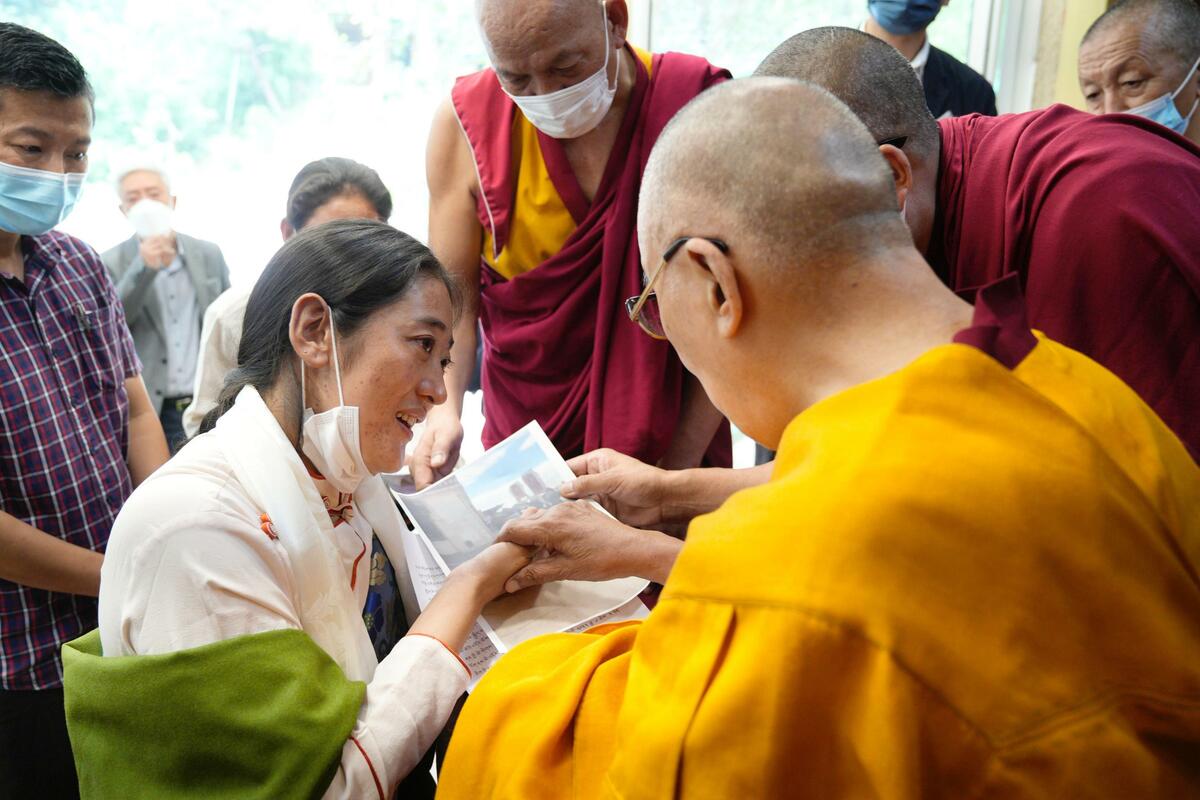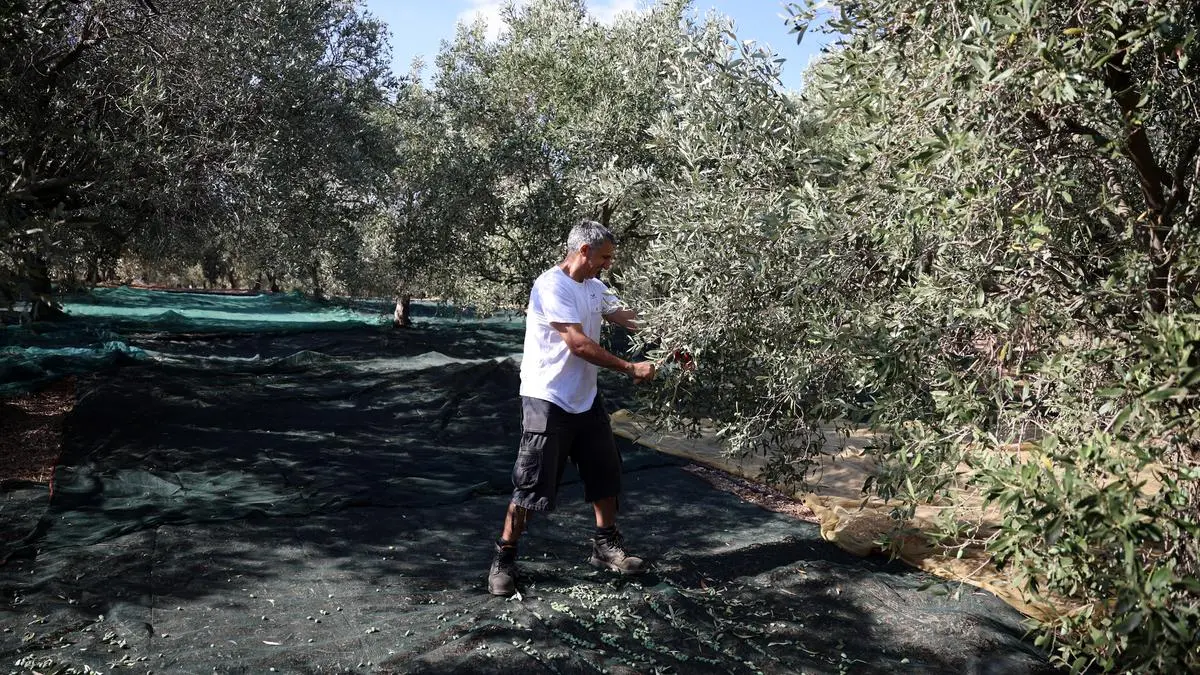By Rini Dutta
Copyright kyodonews

DHARAMSALA, India – When Namkyi was 15 years old, she and her sister Tenzin Dolma dressed in traditional Tibetan attire and began a protest on “Martyrs’ Road” in Ngaba, northern Sichuan Province, where many Tibetans have self-immolated to protest Chinese rule of Tibet.
They called for Tibetan freedom and the swift return of the Dalai Lama, the supreme leader of Tibetan Buddhism. Their demonstration did not last long.
“About 10 minutes into our protest, we heard a loud noise from behind, and a group of about four or five police officers rushed us,” said Namkyi, now 25. “They forcefully grabbed photos from us, stifled our voices, held us to the ground and handcuffed us.”
Namkyi said she and her sister were taken to two different detention centers for interrogation, followed by six days of torture.
“They wanted to instill guilt in us by forcing us to undergo patriotic Chinese education. But I continued to stand for what my sister and I believed in. We were completely dedicated to our country (Tibet) and had no regrets,” she said.
In 2008, large-scale riots broke out in Lhasa and other parts of the Tibet Autonomous Region. The riots were led by Tibetan Buddhist monks protesting oppression.
Last month, Chinese leader Xi Jinping visited Tibet to mark 60 years since the establishment of the autonomous region.
Xi spoke out against forces of “separatism” as the Chinese government prepares for a struggle over the successor to the exiled Dalai Lama, 90. Both the spiritual leader’s office and Beijing claim they have sole authority to identify or identify the successor.
After being held in detention centers for about a year and a month, Namkyi and her sister were each sentenced to three years in prison on charges of taking part in “separatist acts against the state” and supporting the “Dalai clique.”
“We faced problems due to malnutrition, being cold under thin blankets in the winter, and discrimination,” she said. “We learned that our family had sent us food and clothes, but we never received them.”
For the first three months in prison, Namkyi received military training and ideological education, and she learned about the Chinese Constitution. She had to take exams after every training session.
“While in prison, I prayed to His Holiness (the current Dalai Lama) with an aching heart, hoping to one day be free and meet him in person. That’s what kept me going.”
Once the training was over, Namkyi was assigned to work in a labor camp where copper wires were produced. Her sister was forced to make cigarette boxes and wristwatches.
They were released in 2018. However, every time Namkyi left home, her family received phone calls asking where she was going and when she would return. She became increasingly anxious and felt she had only two options: suicide or exile.
“Because I staged the protest, I was considered a separatist by the Chinese authorities. Even after I was out of prison, I remained under house arrest, and my family was under strict police surveillance,” she said.
In May 2023, she left her home in Charo village. Accompanied by her aunt, she walked for 10 days and nights to reach Nepal and eventually India. She was constantly worried about being caught by security forces.
“Navigating treacherous mountain regions, especially at night, was not easy, but my hunger for freedom and independence kept me going,” she said.
Reaching the Nepalese border, she went to the Tibetan Reception Center for foreigners, which helped her reach Dharamsala. After being accepted as a refugee, Namkyi’s dream came true when she met the Dalai Lama for the first time.
“I shared my journey and my prison experience with His Holiness. He listened to my story patiently and said, ‘Oh dear! It must have been painful’,” said Namkyi. “He told me that preserving the Tibetan cultural heritage and language is important.”
Having lived in India for more than two years, Namkyi has a new outlook on life. Born to a nomadic family, she never had the opportunity to attend school and was destined for life as a cattle herder. In exile, she has made education her priority.
“Back in Tibet, I was never allowed to go to school because the Chinese authorities segregated our society into different classes, but my life has changed since escaping. Now, I feel more independent and free to choose what I really want to do with my life.”
Namkyi is one of thousands of Tibetans who have faced hardships in China and chosen exile. She aims to bring these stories to a global platform to highlight the human rights abuses faced by Tibetans inside and outside the country. In February, she told her story at the Geneva Summit for Human Rights and Democracy.
“I escaped China and felt free. I hope that the experiences of Tibetans will reach people all over the world,” she said.



